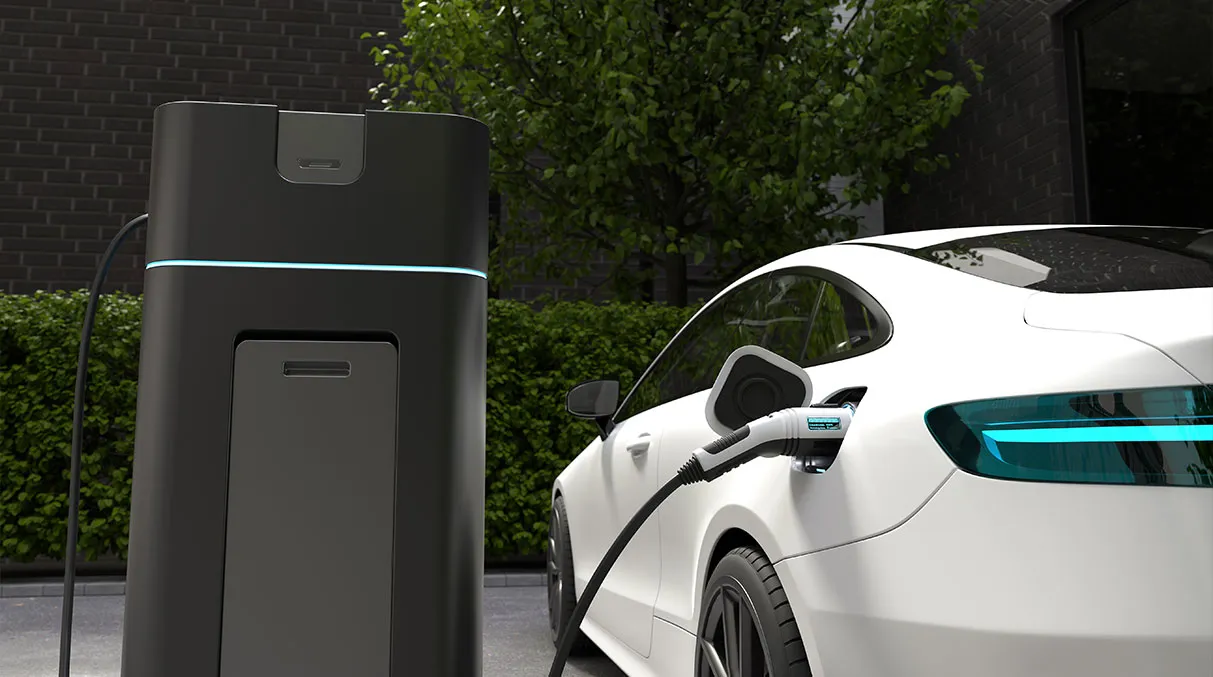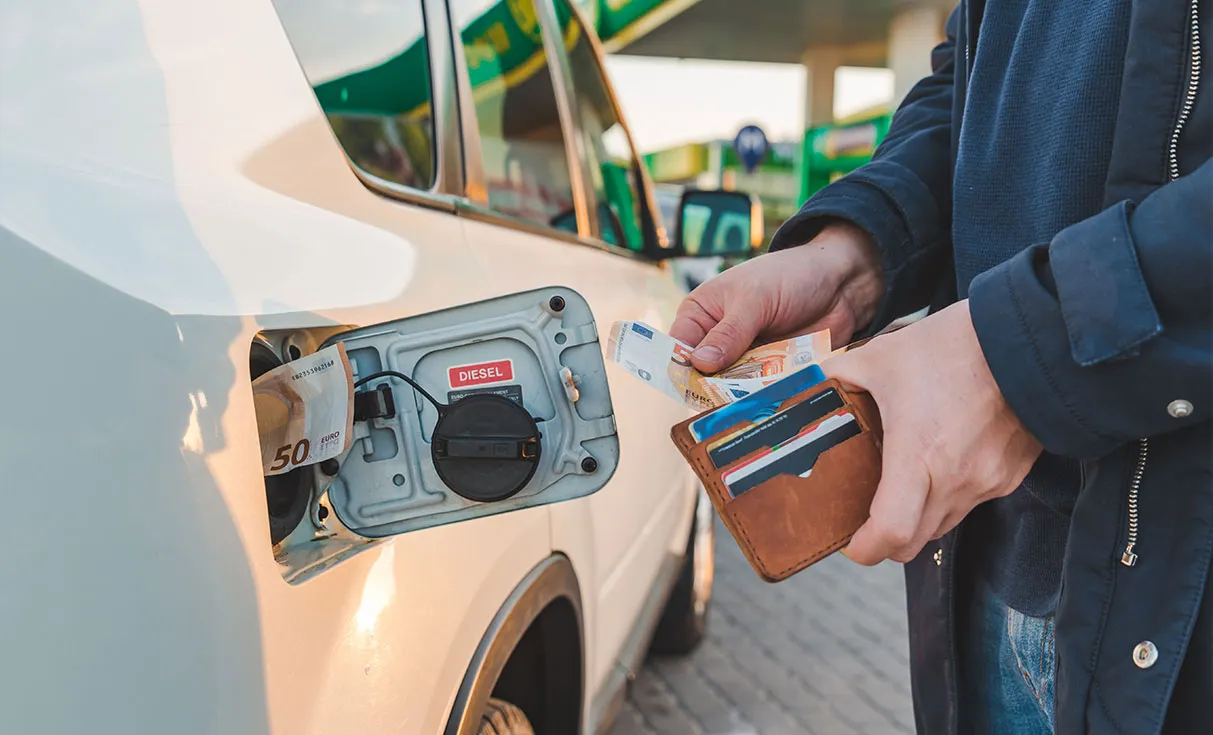
We are all aware of the rising cost of driving our cars. Fluctuating fuel prices have been a source of frustration for Irish motorists. Particularly when the fluctuation is usually heading in an upwardly direction. In February 2023, the EU wide ban on the importation of Russian oil products will also come into full effect and this move, alongside the Irish governments commitment to end the reduction on excise duty, may drive the prices up even further. It is depressing news for the Irish driver. But while we may have no control over the global geopolitical situation and its impact on the fuel prices at the forecourt, we can review our driving habits and look at ways that we might conserve petrol, diesel and E.V. charging costs.
Most drivers would be shocked to learn that underinflation of tyres increases fuel consumption considerably. If you are 20% below the recommended tyre pressure, you have increased your fuel costs by 4%. Your tyres can naturally lose one or two PSI per month, so checking on that your tyres are inflated to the correct pressure can save you money. Of course, underinflated also increase wear and tear on the tyre.
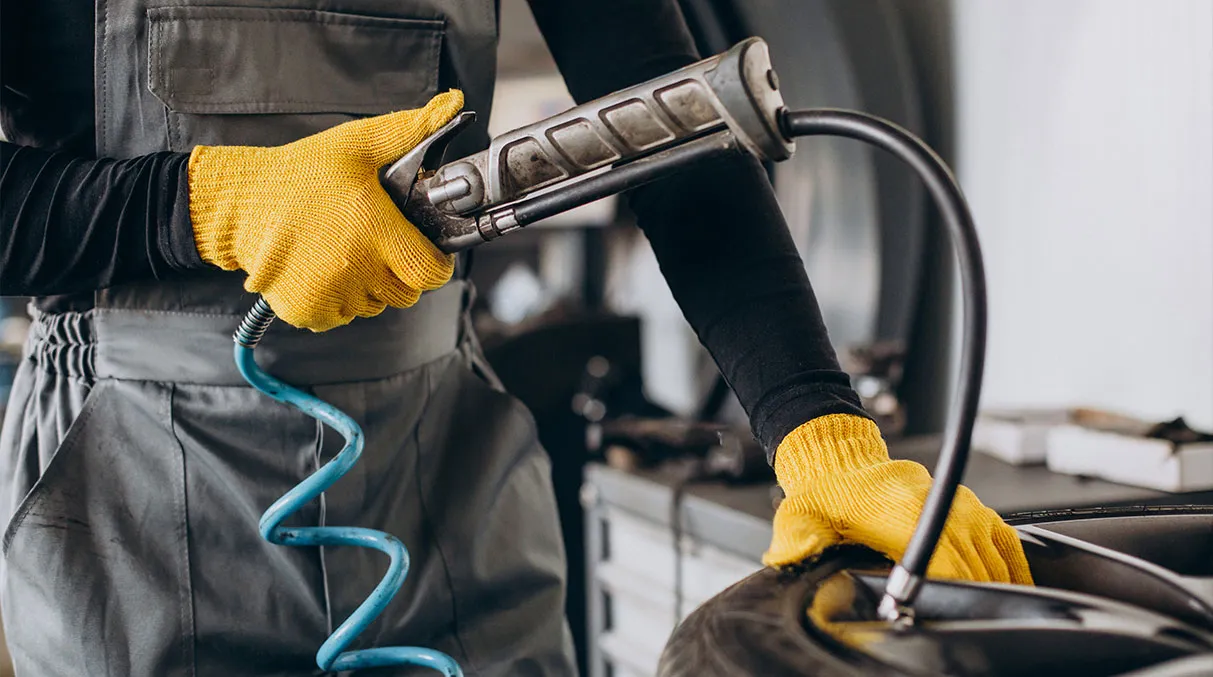
Maintaining a steady speed as you drive will save you a significant amount of energy. The cruise control function is your friend here, as more energy in both conventional and electric vehicles is used when accelerating. Traveling between 50km and 80km per hour is the optimum speed for conserving fuel. In a conventional petrol or diesel car, the faster you go, the more fuel you use! If you ramp up your speed from 100km per hour to 120km per hour you increase consumption by 20% and may run the risk of a speeding fine. Slow and steady is the way to go.
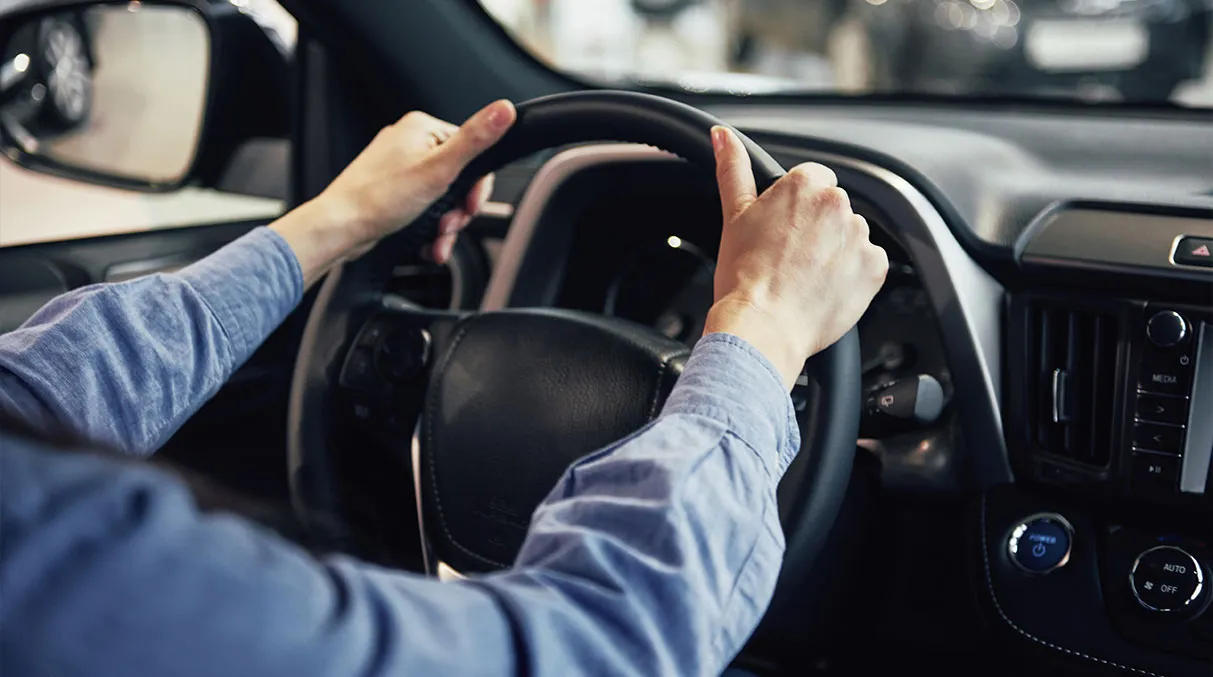
It seems obvious that a heavy load on a roof rack will cause drag and increase your fuel usage as the car copes with the aerodynamic upset and the weight. This may be the price of carrying surfboards and kayaks etc. But did you know that the roof rails on their own can decrease a cars fuel economy by about 7%. If you only use the rack intermittently, it might be time to assign it to the garage and go rack free for your everyday driving.
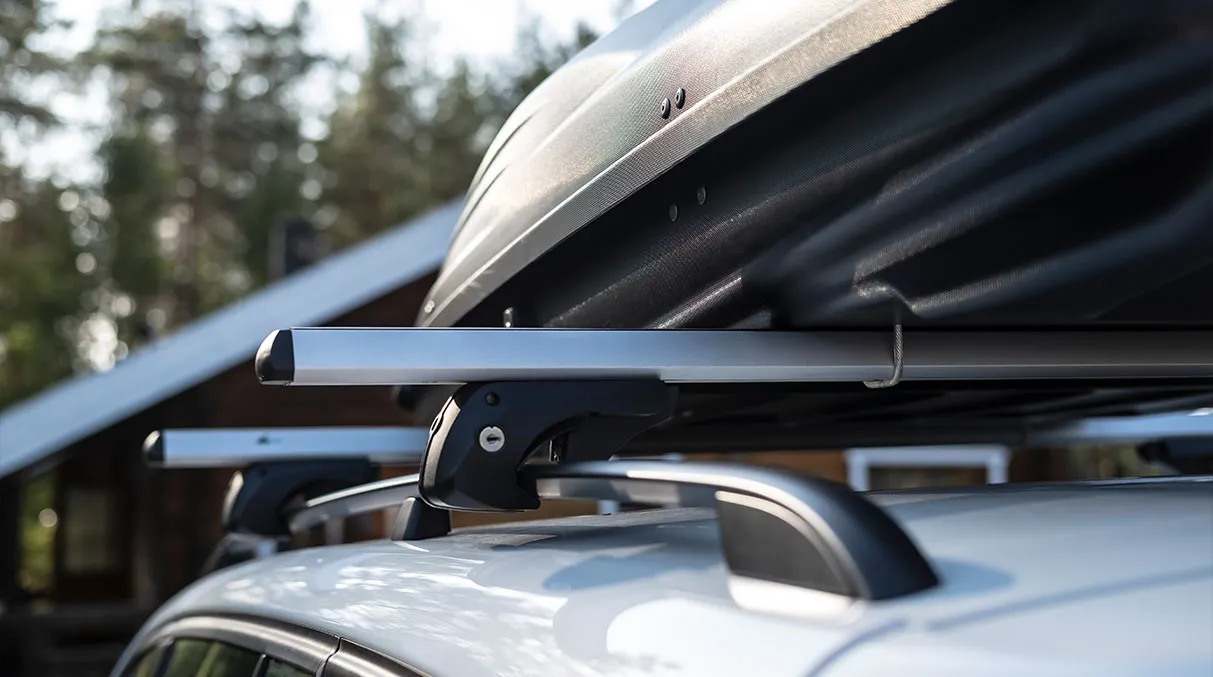
Carrying unnecessary heavy loads such as gym equipment, golf bags and that box of recycling you keep meaning to drop off, will increase the fuel bill too. The vehicle should haul only necessary weight. The temptation to use the boot (especially in the roomier SUVs) for storage is costing you money. Empty the boot and keep the car as light as possible.
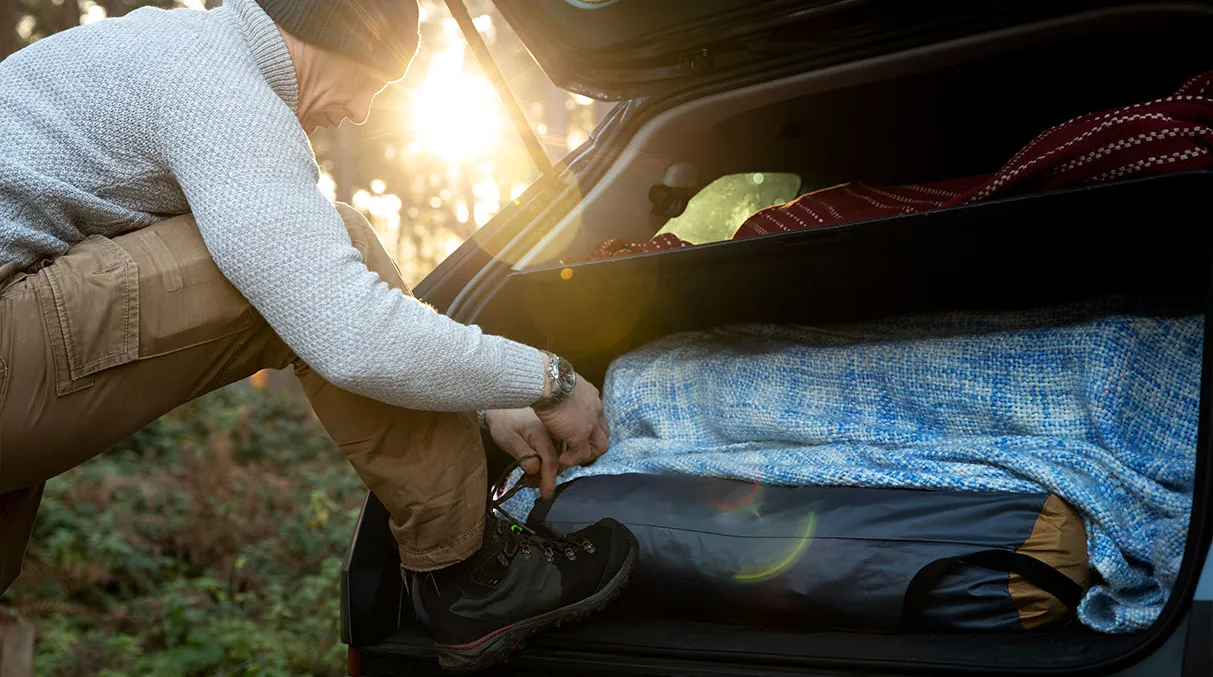
Drive smarter by choosing less busier times and less busier routes. If you can drive off-peak when there is less traffic on the road, you may reduce your stop start driving and save some euros as fuel consumption decreases. Choosing your route carefully will help too. If you do get stuck in traffic, turn off your car when you are not moving. The environment will thank those you for the decreased emit emissions too.
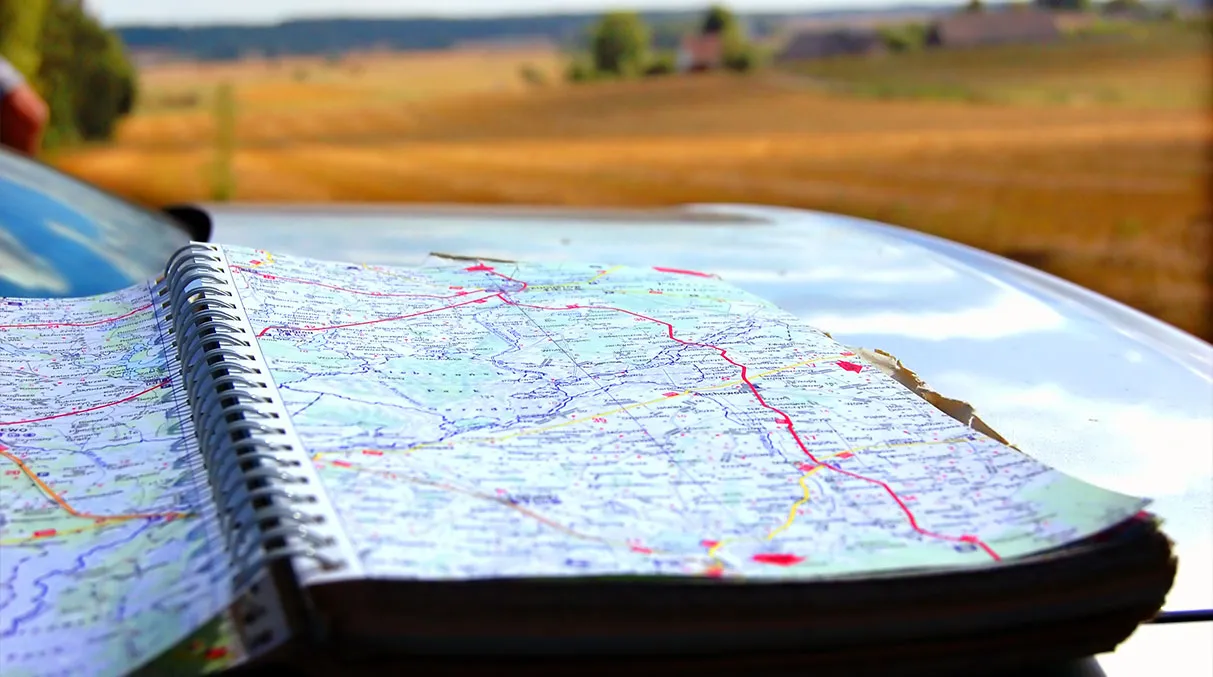
A well maintained, regularly serviced car will save you money on fuel consumption and is safer to drive. Keeping the engine working at its most efficient saves on petrol and diesel. Booking a service with Western Motors is easy and gives peace of mind as well as savings, as our expert technicians keep your car humming along nicely. See more here.
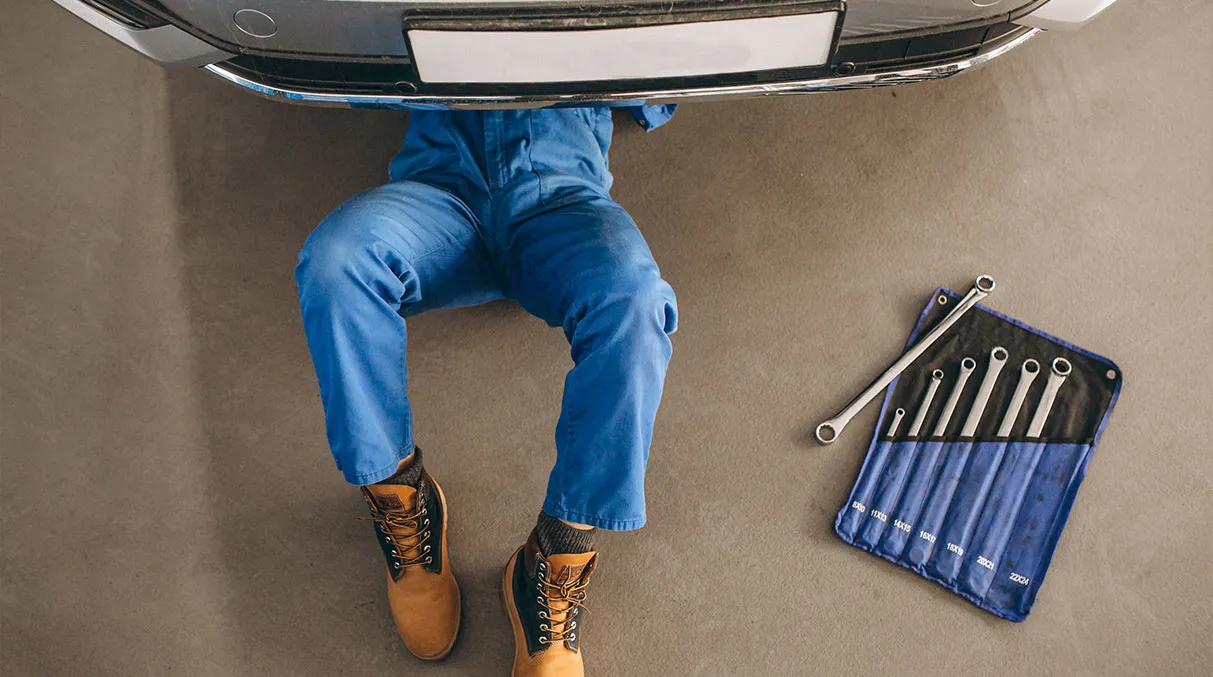
Using the heater has little or no effect on the fuel you use in a petrol or diesel car. In an electric car it will drain the battery quicker and if you are watching the miles between chargers, it is wise to turn off the heaters and conserve as you go. However, blasting the air conditioning in a conventional fuelled vehicle will see the fuel gauge drop 20% faster than usual. If you are warm, open the window. But be warned, an open window at speeds over 80 km will cause drag and resistance, which in turn causes more fuel to be used. With slow and steady driving, you are fine with an open window instead of A/C. Cool driving in more ways than one!
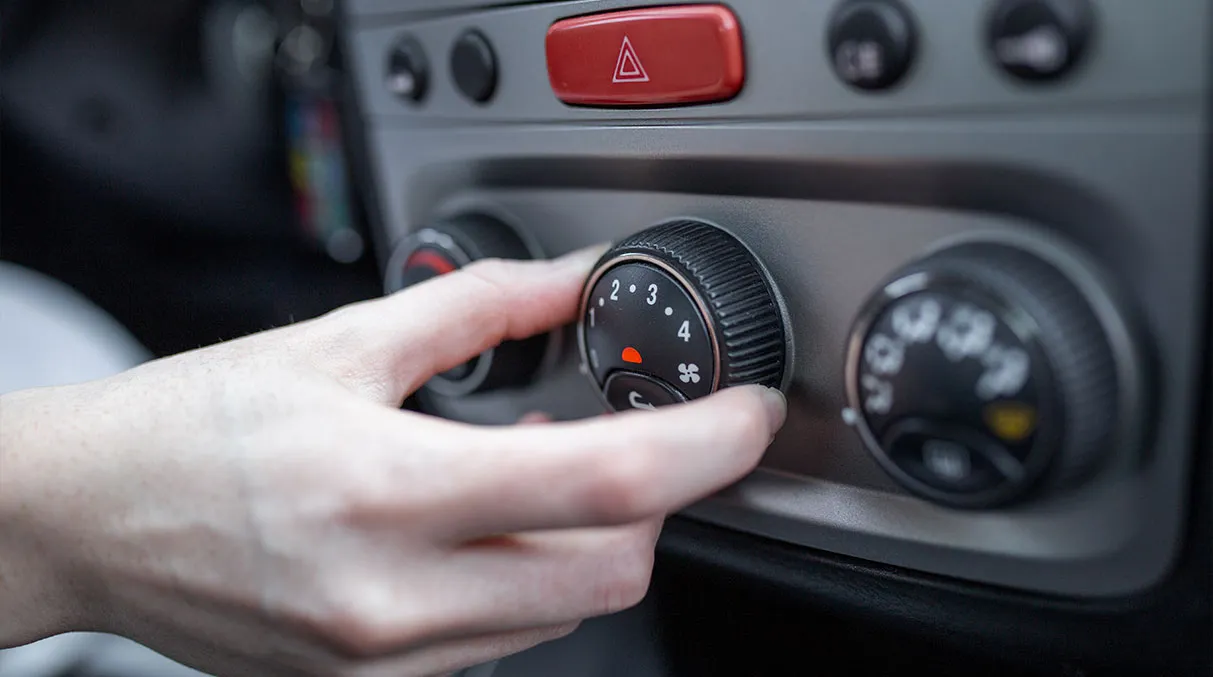
The price of petrol and diesel varies greatly from County to County and from garage to garage. It pays to shop around and to consult price watch websites to get the best deal possible. With EV chargers, prices vary greatly with the maxim’ the faster you charge the more you pay’ applying in a general way.
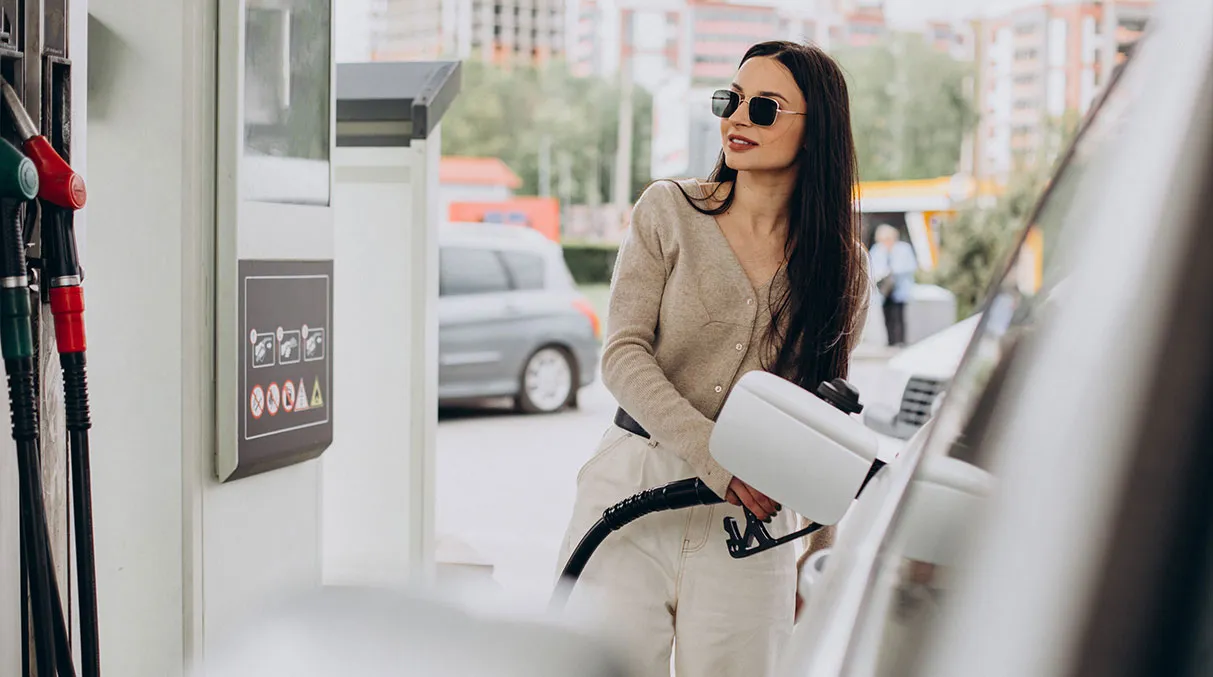
Save time and money by charging your EV up to 80%. The last 20% of an EV charge takes the longest, so if you can move off with that much battery it is wise to do so. Grants are still available for the installation of home chargers to make life easier as you can charge on off peak hours and without queuing to pay a supplier. Click here to learn more on SEAI.IE.
